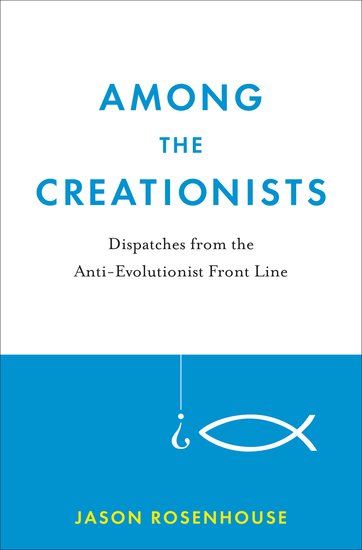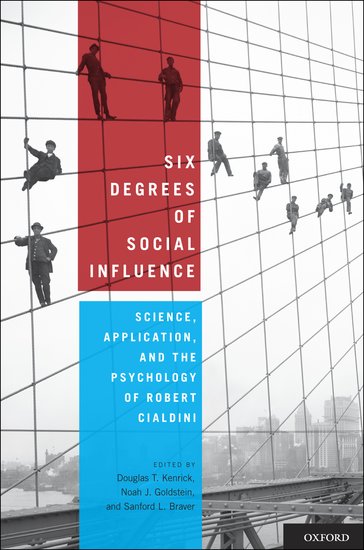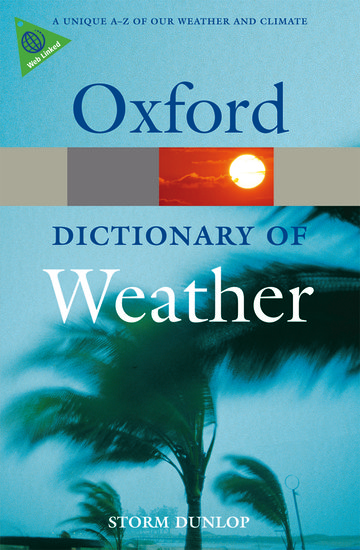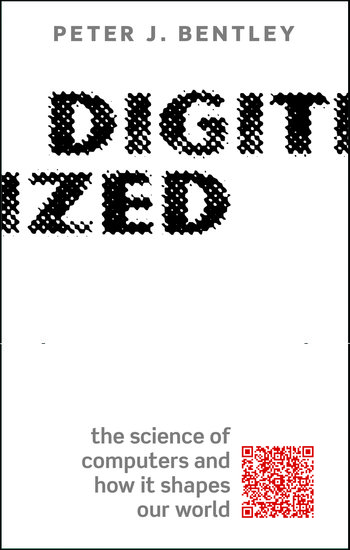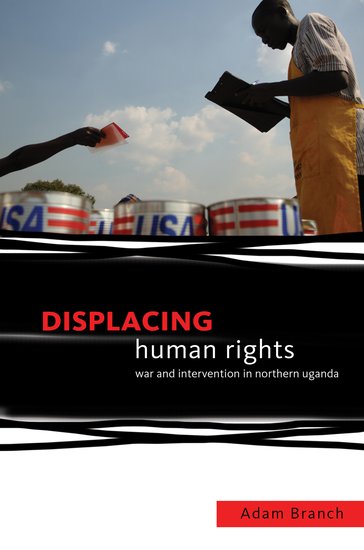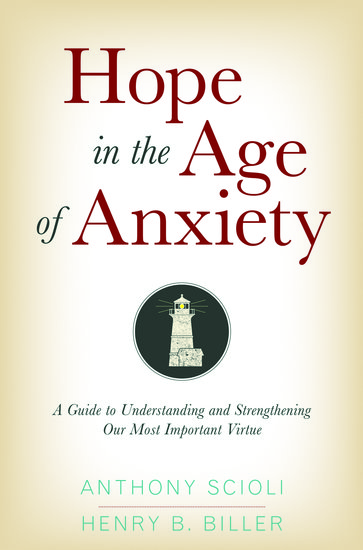SciWhys: How do organisms develop?
By Jonathan Crowe
Each of our bodies is a mass of cells of varying types – from the brain cells that give us the power of thought, to the cardiac cells that form our heart and keep our blood circulating; from the lung cells that take in oxygen from the air around us, to the skin cells that envelop the organs and tissues that lie within. Regardless of their ultimate function, however, each of these cells has come from a single source – the fertilised egg. But how can the complexity and intricacy of a fully-functioning organism stem from such humble beginnings?



